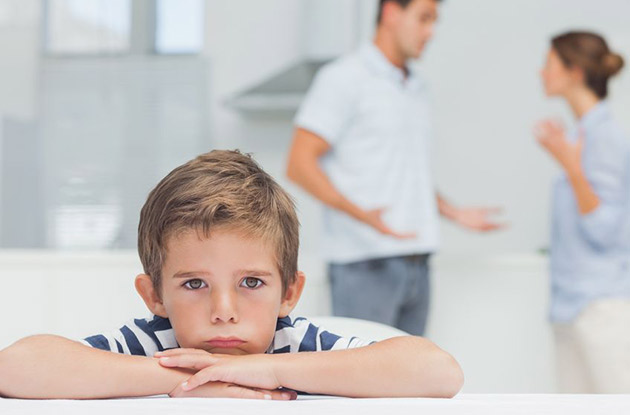
New Study Shows Emotional Suppression has Negative Outcomes on Children
Often parents stick to the plea "not in front of the kids" to avoid showing strong negative emotions around their children, but new research shows that it’s better to show them in a healthy way.
Get can’t-miss family activities sent to you!
Get the Best Kid-Friendly Activities
Sent to You Weekly!
“We were interested in behaviors,” Dr. Waters said. ”We looked at responsiveness, warmth, quality of interactions, how the parent provided guidance for the child.”
Dr. Waters and her co-authors had a team of undergraduate research assistants watch all 109 videos of the interactions to mark every instance of warmth, guidance, and other emotions. Both the parent and child were hooked up to a variety of sensors to measure things like heart rate and stress level, which was combined with the data of the research assistants.
“The act of trying to suppress their stress made parents less positive partners during the Lego task,” Dr. Waters said. “They offered less guidance and those kids were less responsive to their parents. It’s almost like the parents were transmitting those emotions.”
Dr. Waters suggests to let kids see the whole trajectory of a conflict. “That helps kids learn to regulate their own emotions and solve problems. They see that problems can get resolved,” she said. “It’s best to let the kid know you feel angry, and tell them what you’re doing to do about it to make a situation better.”
Next time you find yourself in a conflict in front of your kids, remember the importance of teaching conflict resolution. Learning these skills young will help children learn to express their emotions in healthy ways and benefit their overall character development.









